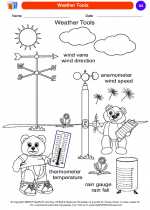Cause: Understanding the Relationship Between Events
In science, the concept of cause refers to the relationship between two events, where the occurrence of one event results in the occurrence of another event. Understanding cause and effect relationships is essential for making sense of the natural world and conducting scientific investigations.
Types of Causes:
- Direct Cause: This occurs when one event directly leads to another event. For example, heating water causes it to boil.
- Indirect Cause: This occurs when an event sets off a chain reaction, leading to another event. An example is the indirect cause of deforestation leading to changes in climate patterns.
- Root Cause: This refers to the underlying reason for an event or problem. In the context of science, identifying the root cause of a phenomenon is crucial for understanding and addressing it effectively.
Studying Cause and Effect in Science:
When studying cause and effect in science, there are several key steps to follow:
- Observation: Begin by making careful observations of the phenomena or events being studied.
- Hypothesis Formation: Based on the observations, develop a hypothesis about the potential cause and effect relationship between the events.
- Experimentation: Design and conduct experiments to test the proposed cause and effect relationship. This may involve manipulating variables to observe their impact on the outcome.
- Data Analysis: Collect and analyze the data from the experiments to determine if there is a causal relationship between the events.
- Conclusion: Based on the evidence gathered, draw conclusions about the cause and effect relationship and its significance in the context of the scientific study.
Real-World Applications:
The understanding of cause and effect is not limited to the laboratory. It is crucial in various real-world applications, such as:
- Understanding the causes of natural disasters like earthquakes, hurricanes, and volcanic eruptions.
- Identifying the causes of environmental pollution and its effects on ecosystems and human health.
- Exploring the causes of climate change and its widespread impact on the planet.
Study Guide:
To deepen your understanding of cause and effect in science, consider the following study guide:
- Read about famous scientific experiments that demonstrated cause and effect relationships, such as the classic pendulum experiment by Galileo.
- Conduct simple cause and effect experiments at home or in the classroom, such as observing the effect of different amounts of sunlight on plant growth.
- Explore case studies of environmental issues and analyze the interconnected causes and effects involved.
- Discuss and debate controversial cause and effect relationships, such as the impact of human activity on global climate change.
By engaging with these activities and resources, you can develop a deeper understanding of cause and effect in science and its relevance to the world around us.
.◂Science Worksheets and Study Guides Kindergarten. Weather

 Coloring Worksheet
Coloring Worksheet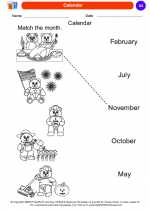
 Coloring Worksheet
Coloring Worksheet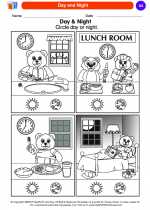
 Coloring Worksheet
Coloring Worksheet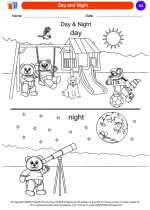
 Coloring Worksheet
Coloring Worksheet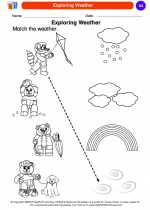
 Coloring Worksheet
Coloring Worksheet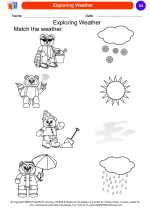
 Coloring Worksheet
Coloring Worksheet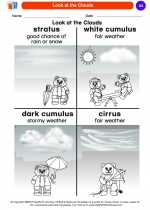
 Coloring Worksheet
Coloring Worksheet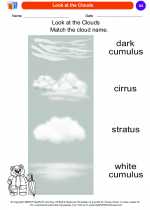
 Coloring Worksheet
Coloring Worksheet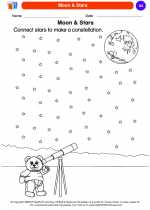
 Coloring Worksheet
Coloring Worksheet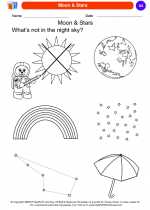
 Coloring Worksheet
Coloring Worksheet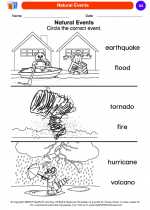
 Coloring Worksheet
Coloring Worksheet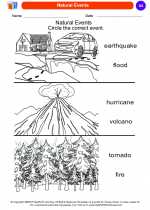
 Coloring Worksheet
Coloring Worksheet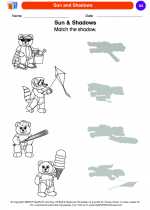
 Coloring Worksheet
Coloring Worksheet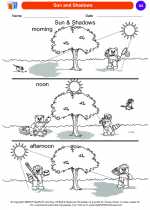
 Coloring Worksheet
Coloring Worksheet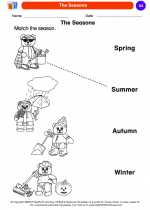
 Coloring Worksheet
Coloring Worksheet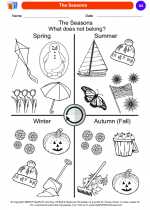
 Coloring Worksheet
Coloring Worksheet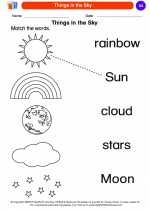
 Coloring Worksheet
Coloring Worksheet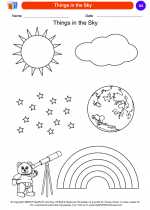
 Coloring Worksheet
Coloring Worksheet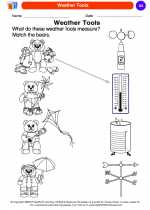
 Coloring Worksheet
Coloring Worksheet